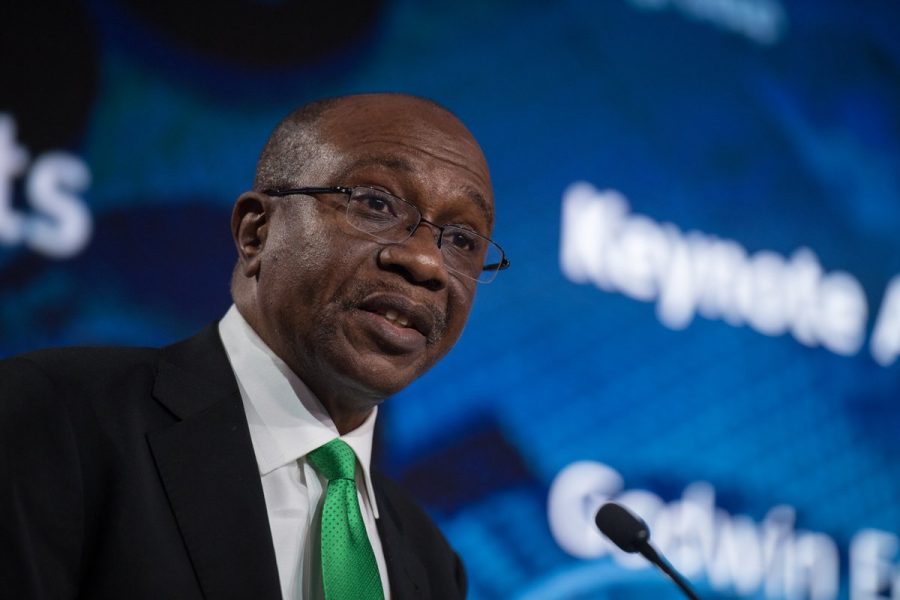Governor of Central Bank of Nigeria, Godwin Emefiele, once again talked tough concerning the Bank’s policy on banning 41 items from the official foreign exchange market.
At the 53rd Charted Institute of Bankers Nigeria (CIBN) dinner held yesterday, Emefiele threatened to report both banks and companies that flouted the law, to the Economic and Financial Crimes and Commission (EFCC).
Why the ban will remain
In Emefiele’s opinion, the ban had led to remarkable success in domestic production of the goods in question. As such, its implementation would be intensified.
“Given the remarkable success that has been achieved in stimulating domestic production of goods such as rice, cassava, and maize, as a result of the restriction placed by the CBN on access to forex for these items, the CBN intends to vigorously ensure that this policy remains in place and additional efforts will be made to block any attempts by unscrupulous parties. I mean both individuals and corporates that intend to find other avenues of accessing forex, in order to import these items into Nigeria.”
Collaboration with EFCC
Emefiele also disclosed that the CBN’s economic intelligence and banking supervision departments would work closely with the EFCC.
“The CBN’s Economic Intelligence and Banking Supervisions department will collaborate, and work very closely with the EFCC to expose and sanction any bank, any company or its directors, or FX operator that colludes with unscrupulous individuals or companies to undermine the policy on 41 items. The prohibition and sanction shall be extended to smugglers of banned items.”
Other sanctions
In addition to facing the EFCC, the CBN Governor reeled out several sanctions, including banning those cuaght from operating bank accounts in Nigeria.
“Such sanctions will include but not be limited to prohibiting all the banks in Nigeria from maintaining any bank account for such institutions or persons in Nigeria. I mean that if you are caught as an individual, or as a company and investigations reveal that you undermine the policy of the Federal Government and Central Bank in ensuring we deepen local production of goods in Nigeria, we are saying that that bank, that company, the individuals, directors, shareholders of that company, the CBN will prohibit all the Nigerian banks at the same, from maintaining any bank account for you. You may draw your conclusions from what this means.”
Exchange rate defence continues
Emefiele also maintained that the apex bank would continue to keep the exchange rate stable, despite growing pressure.
“the CBN has so far managed to maintain a stable exchange rate, the current capital flow reversals from emerging markets, is expected to continue to exert pressure on market rates. This pressure could be amplified by the forthcoming elections, especially as political space heats up.”
The Naira recently hit N370 on the parallel market, perhaps prompting the CBN to introduce additional FX allocations to BDCs from next week.
Despite the pressures, he maintained the CBN would keep rates at their current range.
“Notwithstanding these pressures, the CBN is determined to maintain its stable exchange rate stance over the next few months, given the relatively high level of reserves. Gross stability is expected in the FX market, given oil inflows and import bill.”
He continues
“I would like to make it categorically clear, that sustaining a stable foreign exchange rate is of overriding importance to us at the CBN, even as we continue to put measures in place to shore up our reserves.”
Prior to this
During the last Monetary Policy Committee (MPC) meeting for the year held last month, the CBN Governor had hinted at a possible expansion of the list of banned items.
At the CFA Investor conference also held last month, Emefiele had warned speculators not to bet on a possible devaluation of the currency.













